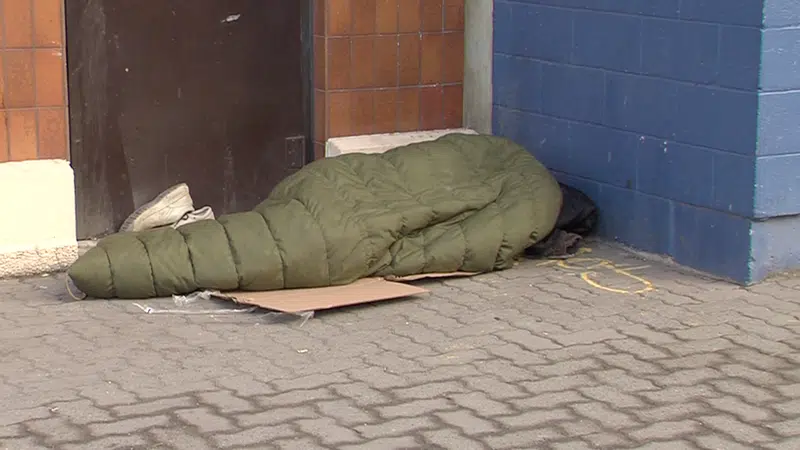
CHARBONNEAU: Kamloops homeless population needs its sleep
KAMLOOPS AGENCIES CARE FOR THE SPIRITUAL AND PHYSICAL needs of our homeless: faith, food, warmth in the winter, air conditioning in the summer.
However, there is no place to get a decent sleep.
Accommodating the sleep needs of the homeless is often regarded as a “nice to have” feature. But sleeplessness can reduce the immune system, put people at greater risk of diabetes, high blood pressure, heart disease, kidney disease, stroke, and neurodegenerative diseases such as Alzheimer’s.
The homeless are disproportionately affected. Almost one half suffer from insomnia.


